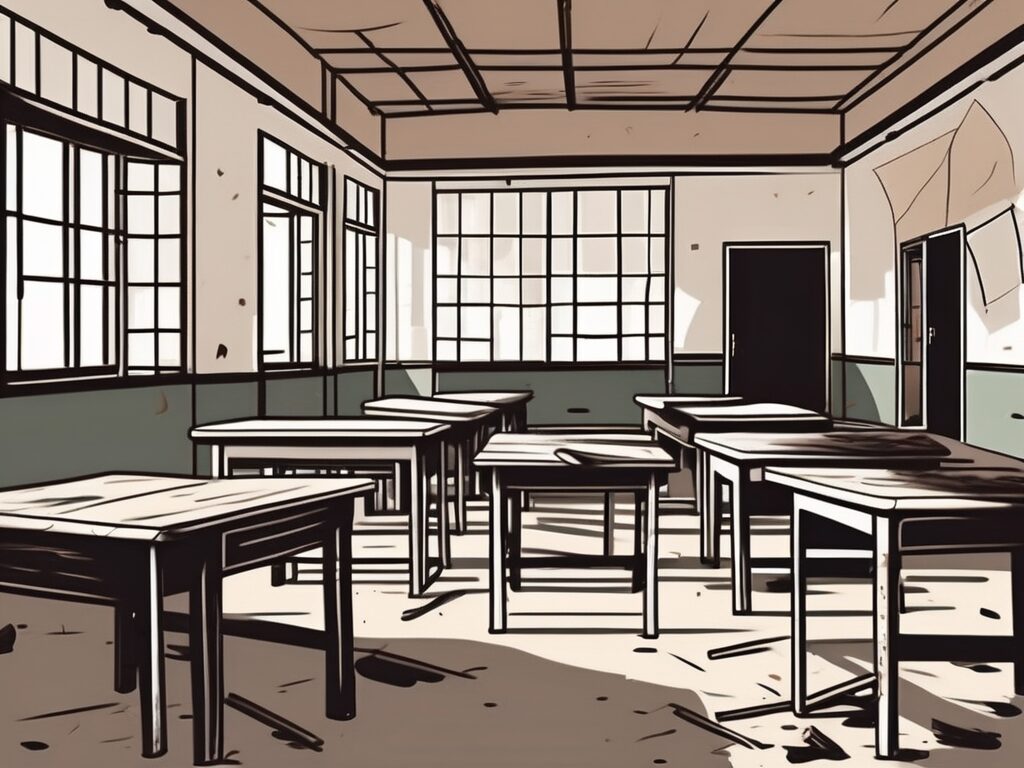Overcoming Cambodia’s Education Challenges: Strategies for 2025
Cambodia, a nation steeped in rich cultural heritage, is currently navigating a transformative phase in its education sector. Despite notable advancements, the Cambodian education system continues to encounter significant obstacles that must be addressed to secure a prosperous future for its youth. This guide aims to elucidate these challenges and propose strategic solutions tailored for international educators and consultants.
Enhancing Educational Quality
Curriculum Development and Pedagogical Approaches
The educational quality in Cambodia necessitates substantial improvement. The existing curriculum is frequently outdated and misaligned with contemporary labor market demands. Predominantly traditional teaching methodologies emphasize rote memorization, neglecting the cultivation of critical thinking and problem-solving abilities essential in today’s dynamic environment.
In contrast, nations such as Singapore and Finland have successfully reformed their educational frameworks to prioritize skills like critical thinking, creativity, and innovation. These countries recognize the necessity for educational systems to evolve in response to global changes, thereby equipping students for future challenges.
Teacher Competency and Professional Development
The effectiveness of education is significantly influenced by teacher quality. In Cambodia, there exists a shortage of qualified educators, particularly in rural regions. Many instructors lack adequate training and pedagogical skills, which hampers their ability to deliver quality education.
Conversely, countries like Japan and South Korea emphasize rigorous teacher training and ongoing professional development, ensuring educators are well-versed in modern teaching strategies. This commitment to teacher excellence is a key factor in their high performance in international education assessments.
Improving Access to Education
Addressing the Urban-Rural Disparity
Access to education remains a critical issue in Cambodia, characterized by a pronounced divide between urban and rural areas. Urban schools typically benefit from superior resources and a higher concentration of qualified teachers, resulting in a significant disparity in educational quality.
In contrast, countries such as Australia and Canada actively work to mitigate the urban-rural educational gap by investing in rural institutions, offering incentives for educators to teach in remote areas, and leveraging technology to enhance educational delivery.
Gender Equity in Education
Gender disparity poses another formidable challenge within Cambodia’s educational landscape. Cultural norms and societal expectations often restrict girls’ access to education, perpetuating a cycle of inequality that adversely affects national socio-economic development.
In comparison, nations like Norway and Sweden have achieved gender parity in education through the implementation of policies that promote equal educational opportunities, recognizing education as a fundamental right for all individuals, irrespective of gender.
Infrastructure and Resource Allocation
School Infrastructure
The inadequacy of educational infrastructure presents a significant barrier to effective learning in Cambodia. Many schools, especially in rural locales, lack essential facilities such as clean water, electricity, and sanitation, which detracts from the overall learning environment and student performance.
In contrast, countries like the United Kingdom and the United States prioritize substantial investments in educational infrastructure, acknowledging that a conducive learning environment is vital for academic success.
Resource Availability
Furthermore, the scarcity of educational resources is a pressing challenge within Cambodia’s education system. Numerous schools are devoid of fundamental learning materials, including textbooks, computers, and laboratory equipment, which severely limits the quality of education provided.
In comparison, countries such as Germany and the Netherlands allocate significant resources to their educational systems, understanding that adequate materials are essential for effective teaching and learning outcomes.
Conclusion
While Cambodia has made commendable progress in its educational initiatives, numerous challenges persist that require immediate attention. By prioritizing enhancements in educational quality, ensuring equitable access for all students, and investing in infrastructure and resources, Cambodia can develop a robust education system that adequately prepares its youth for future endeavors.
Examining the successful strategies employed by other nations can yield valuable insights for Cambodia. By adopting best practices and tailoring them to its unique context, Cambodia can formulate effective policies that ensure every child has access to quality education.
Empower Your Teaching Career with IPGCE
As Cambodia endeavors to elevate its education system, the role of educators is paramount in shaping the future. For international teachers seeking to enhance their qualifications, expand their professional networks, and gain insights into global educational practices, the International Postgraduate Certificate in Education (IPGCE) offers a pathway to success. This program is designed for educators aspiring to achieve Qualified Teacher Status and those pursuing significant career advancement. With IPGCE, educators are not only preparing for the international educational landscape but also increasing their prospects for interviews, promotions, and salary enhancements. Join a global community of educators and balance your professional development with your existing commitments through our flexible online study options. Take the first step towards transforming education in Cambodia and beyond. Enroll in the UK’s #1 Teacher Training Course today and become the change you wish to see in the classroom.

